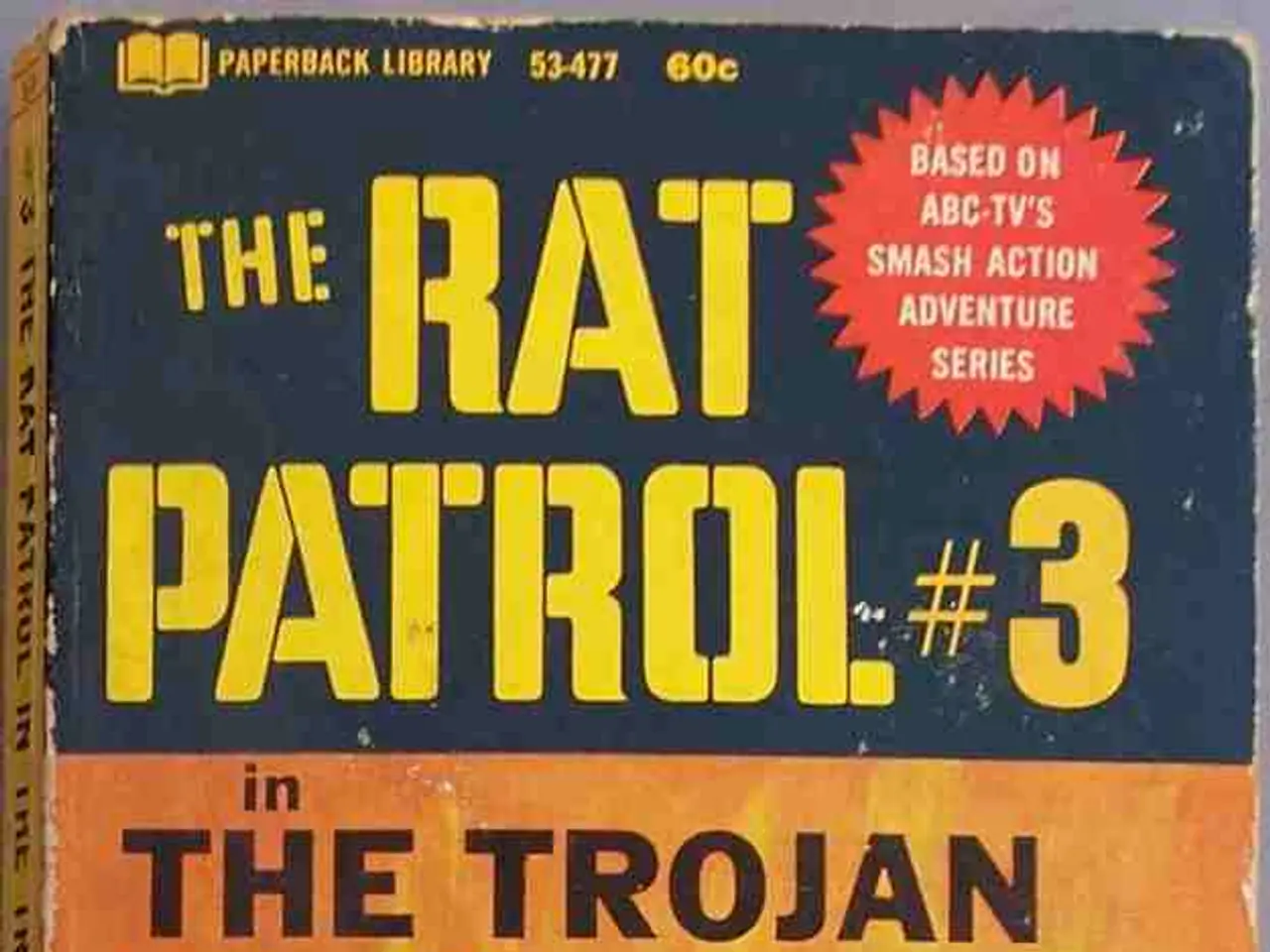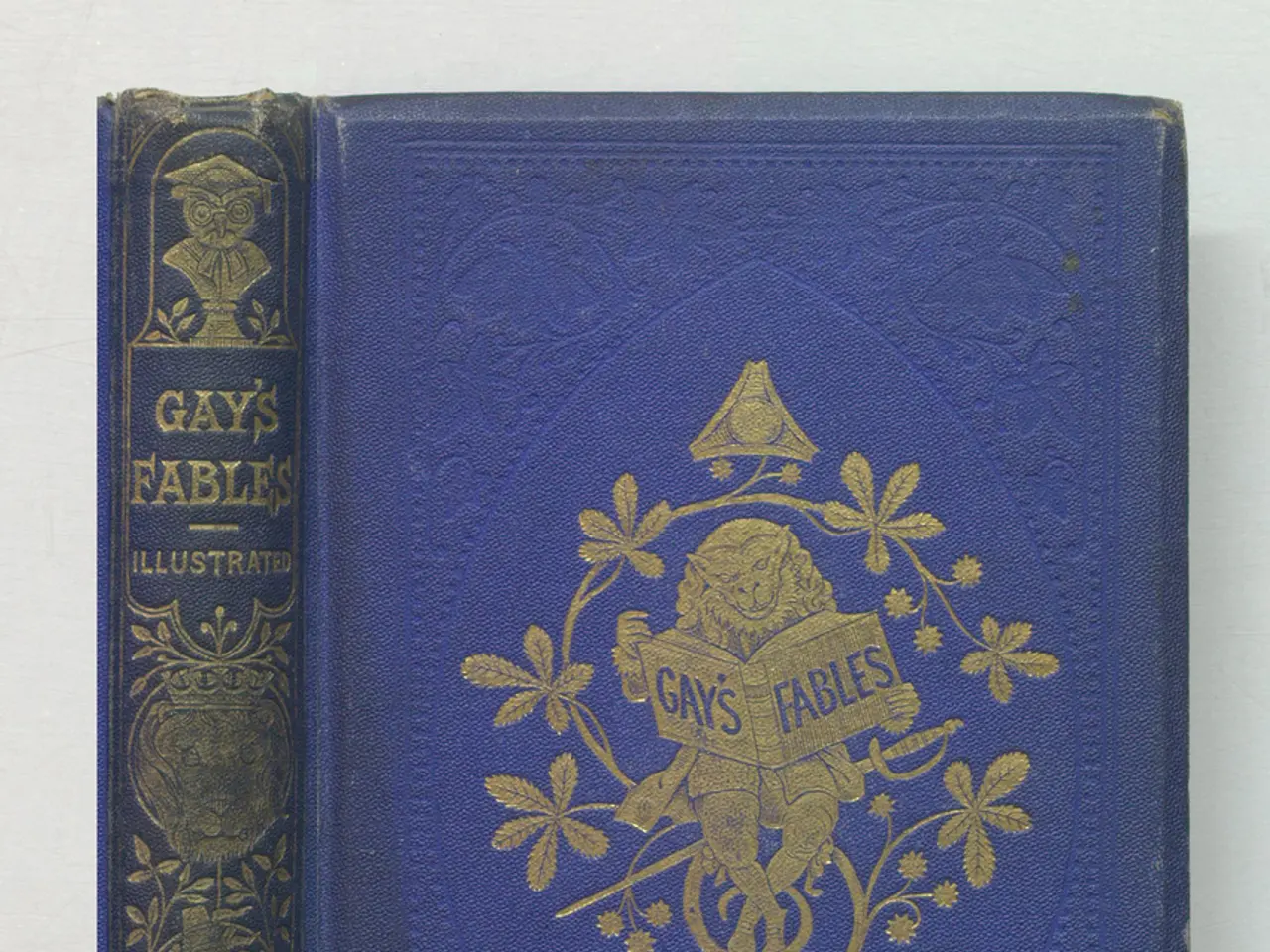Exploring the Purpose of Factions
In the world of wargames, factions are a common and integral feature, particularly in strategic and tabletop games. These in-game groups offer unique units, abilities, and playstyles that cater to different strategies and player preferences, significantly impacting gameplay.
One of the ways factions influence gameplay is by providing distinct playstyles. For instance, in Total War: WARHAMMER, each faction has unique mechanics that necessitate players to adapt their gameplay style to succeed. In Road to Valor: World War II, the Axis factions are noted for their powerful tanks, while the Soviet faction relies on cheap and strong troop cards.
Factions also contribute to balance and strategy. Some factions may have strong defenses, others may excel at offense, and some may specialize in specific types of units. This balance affects how players approach battles and campaigns. In addition, factions can form alliances, trade resources, or declare war based on their characteristics and goals, as seen in Total War: WARHAMMER.
Factions also enhance thematic immersion by providing a sense of identity and belonging. Players may choose factions based on historical or fictional allegiance, which can deepen their engagement with the game world.
While factions are a common feature in wargames, their impact varies significantly from game to game. Tabletop games like Konflikt '47 and Kings of War use factions to create distinct armies with unique abilities and playstyles, affecting competitive balance and strategy. Digital games like Total War: WARHAMMER and Road to Valor: World War II incorporate factions to provide diverse gameplay experiences and strategic depth.
Recently, the author of Gaslands, a new miniature wargaming rules system, decided against the inclusion of factions. Instead, the author aimed to provide balanced and interesting tactical options for players to choose from. However, after playtesting and feedback, the author realized that without factions, a single best option might emerge, leading to predictability.
In response, the author introduced factions to Gaslands, ensuring that players have a unique and personal feeling team among their friends. Each faction in Gaslands has unique advantages and disadvantages, preventing any one team configuration from always having the advantage. Scenarios in the game also vary the conditions of victory, terrain, or in-game activities to prevent a single best play-style from dominating.
In conclusion, factions are a crucial element in wargames, offering players a range of strategic options and enhancing replayability through diverse playstyles and thematic identities. Whether in tabletop or digital games, factions provide a rich and immersive gaming experience that caters to various player preferences and strategies.
Game design in wargames often involves creating factions, each offering unique mechanics, units, and playstyles. For example, in Gaslands, factions were initially excluded to provide balanced and intriguing tactical options for players. However, the lack of factions resulted in a potential best strategy becoming predictable. To overcome this issue, factions were later added to Gaslands, each boasting unique advantages and disadvantages, thereby ensuring a diverse and engaging gameplay experience. In contrast, sports games such as NCAA Football and American Football don't rely on factions for strategy or playstyle, instead focusing on team management and tactics within the rules of the game.








